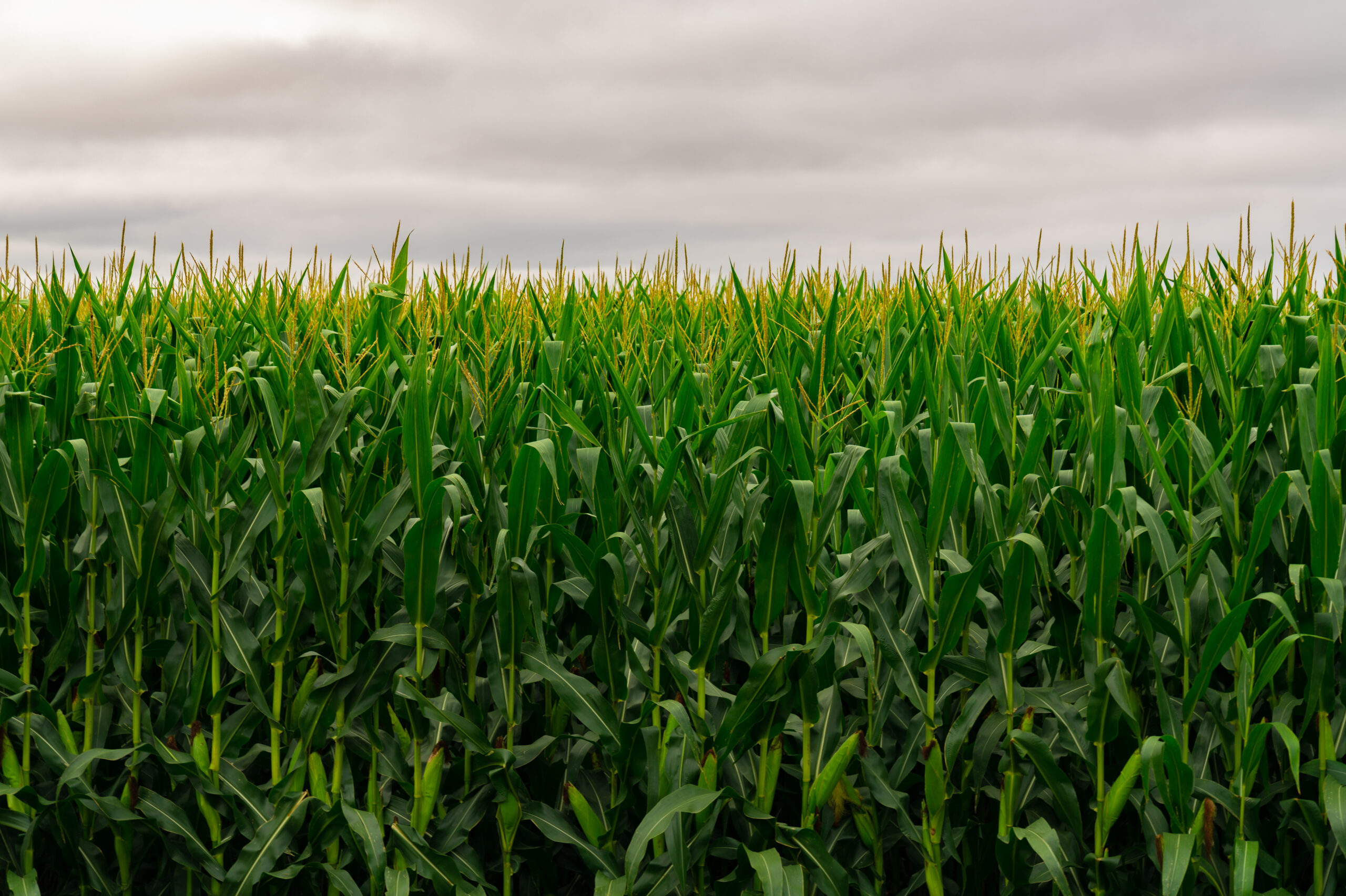Where state leaders find the answers they need on agriculture and rural policy issues
Since 2006, State Ag and Rural Leaders has provided a forum for fostering cooperation, leadership and educational opportunities among and for state and provincial legislators that are passionate about agriculture and rural communities.

State Ag and Rural Leaders
The State Ag and Rural Leaders group was formed as a 501 c(3) non-profit in 2006 at the 5th Annual Legislative Ag Chairs Summit in Tempe, Arizona. The first Legislative Ag Chairs Summit was in Dallas in 2002.
Ag Chairs Summit
The 2026 Ag Chairs Summit will be held in New Orleans. More details can be found here.
